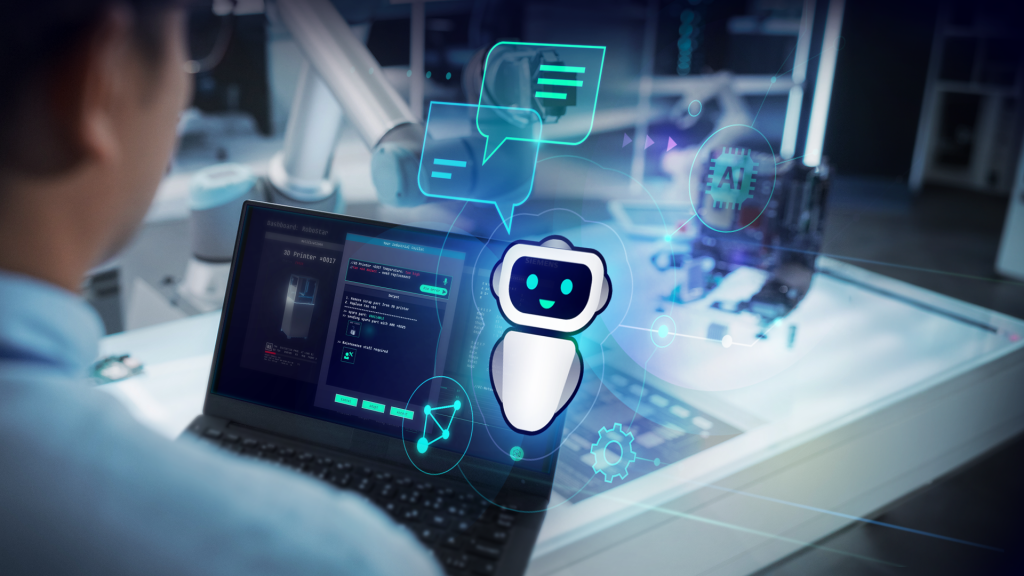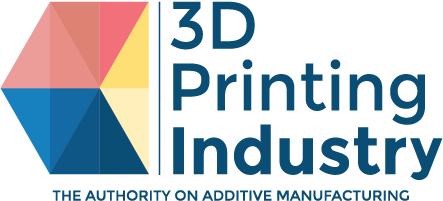Join the Expert Committee for the 2024 3D Printing Industry Awards to help select the winners!
Industrial manufacturing firm Siemens has unveiled the Siemens Industrial Copilot, an AI-driven assistant designed to improve industrial engineering processes.
Part of the Totally Integrated Automation (TIA) Portal, this tool is designed to simplify tasks like generating code for programmable logic controllers (PLCs). Its goal is to cut down on development time and decrease errors. By doing so, it enhances quality and productivity in the long run. The Siemens Industrial Copilot for TIA Portal Engineering will be accessible via the Siemens Xcelerator marketplace from the summer of 2024.
Siemens and Microsoft first revealed plans for Siemens Industrial Copilot, at Hannover Messe 2023. This AI-powered assistant integrates automation and process simulation data from Siemens’ digital platform, Siemens Xcelerator, and utilizes Microsoft Azure OpenAI Service‘s language models to enhance code creation and optimization for factory automation software.
Later in 2023, Siemens, alongside Schaeffler, showcased a prototype of a production machine enhanced by AI at the Smart Production Solutions trade show, hinting at innovations in manufacturing. Now, in 2024, Siemens showcased its first AI-powered product for engineering at Hannover Messe 2024, marking a significant step in applying AI to industrial processes.
“Siemens makes automation easy. The Siemens Industrial Copilot is bringing industrial generative AI to the shopfloor and will be an indispensable part of the engineering process in the future. With the easy and seamless connection to our TIA Portal, we’re the first to offer a generative AI product for engineering to industrial companies worldwide,” says Rainer Brehm, CEO Factory Automation at Siemens Digital Industries. “Industrial AI is an important lever for combining the real and the digital worlds – with the ultimate goal of addressing major challenges, such as the shortage of skilled workers or making industrial production more efficient and sustainable.”

A boost in efficiency, and reduced errors in industrial automation
Siemens’ latest offering, the Industrial Copilot for TIA Portal Engineering, is an advanced tool designed to simplify engineering tasks. Powered by artificial intelligence, this software automates code generation in a structured language (SCL), potentially reducing errors caused by manual coding and copying.
Moreover, the Copilot aids in comprehending existing code blocks and guides in creating initial visualizations for machines or plants. It also facilitates information retrieval through natural language searches within Siemens manuals. Notably, users have the option to utilize a private instance of the Azure OpenAI Service, safeguarding customer data from being used in future model training.
The Siemens Industrial Copilot aims to enhance industrial operations, providing industrial customers with the means to utilize industrial-grade generative AI effectively. Grenzebach Group, a family-owned industrial automation solution provider, stands as an early adopter of this technology. It is currently investigating how generative AI can improve engineering processes in industrial automation. By incorporating Siemens Industrial Copilot into its workflow, Grenzebach aims to streamline tasks for engineers, aiming to reduce time, effort, and the potential for errors in its operations.
Dr. Steven Althaus, CEO Grenzebach Group, said, “Generative AI is a must have. At Grenzebach, we’re committed to harnessing its power to stay ahead of the game. The Siemens Industrial Copilot will allow us to make the most of the rapidly increasing amount of data available in a factory. And it will take human-machine collaboration to the next level. With Siemens, we can address the skilled labor shortages, boost innovation, and significantly increase the productivity of our workforce.”
Read more about Siemens and the industrialization of additive manufacturing here.
Generative AI for improved engineering
With this launch, Siemens adds to the growing roster of companies leveraging generative AI to streamline their workflows. 3D printing materials producer polySpectra recently unveiled neThing.xyz, a software aiming to democratize 3D CAD model creation through AI-driven generative design. Offering simplicity and user-friendliness, neThing.xyz empowers engineers, designers, and enthusiasts to explore new dimensions in digital-to-physical translation.
This free platform enables users to generate 3D models, preview them in augmented reality, customize appearances, and easily share creations. Notably, users can directly edit code, supporting various file formats for further use or 3D printing through polySpectra’s facilities.
Last year, 3D printing software developer Ai Build unveiled Talk to AiSync, a program enabling users to refine 3D models through text prompts. The software simplifies advanced toolpath creation by replacing manual coding with visual programming, currently available to beta testing partners.
Combining Ai Build’s visual toolpath programming engine with OpenAI‘s GPT, it leverages years of manufacturing data to facilitate changes via simple text inputs. While not replacing human inputs, it enhances user experience and reduces barriers to 3D printing entry, aiming to optimize production efficiency.
What 3D printing trends do the industry leaders anticipate this year?
What does the Future of 3D printing hold for the next 10 years?
To stay up to date with the latest 3D printing news, don’t forget to subscribe to the 3D Printing Industry newsletter or follow us on Twitter, or like our page on Facebook.
While you’re here, why not subscribe to our Youtube channel? Featuring discussion, debriefs, video shorts, and webinar replays.
Featured image shows Siemens Industrial Copilot brings huge benefits for engineering. Image via Siemens.


